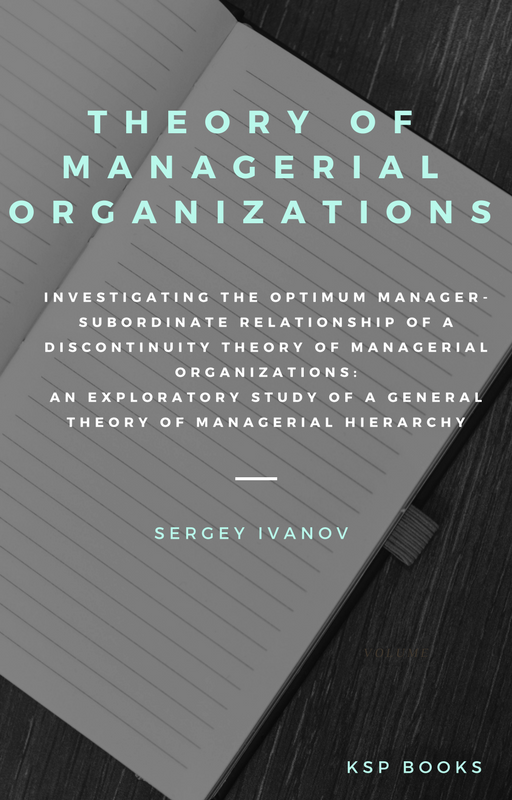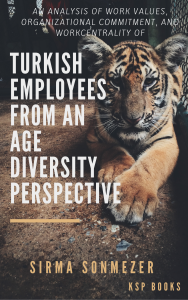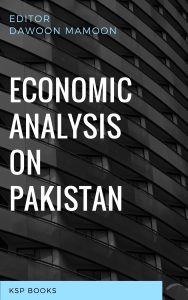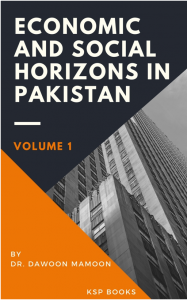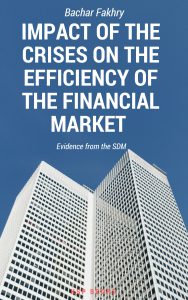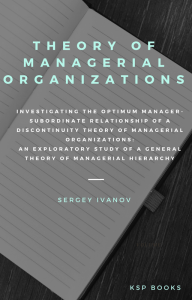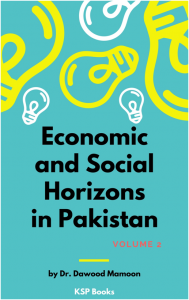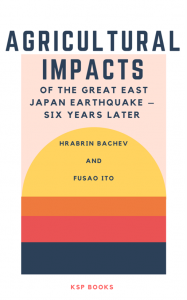Synopsis
This research explores the requisite relationship between managers and their subordinates in managerial hierarchies as stipulated by a general theory of managerial hierarchy (GTMH) developed by Dr. Elliott Jaques. Dr. Jaques writes, “When managers and immediate subordinates are in roles in adjacent layers, things can work well; if within same layer, the manager is “breathing down the necks” of the subordinates; if more than one layer apart, the manager is “pulled down in the weeds”. Jaques’ empirical finding of the Manager-Subordinate Relationship (MSR) describes how a subordinate, in a managerial hierarchy, feels towards the manager, and how the manager feels towards the subordinate. Optimum MSR is achieved when the subordinate feels just right towards the manager. In Optimum MSR, the manager also feels just right towards the subordinate and that the subordinate does not “pull the manager into the weeds.” In the non-Optimal Manager-Subordinate Relationship (non-effective management according to Dr. Jaques’ theory), the subordinate reports either that the manager is too close (breathing down the necks), or too far (pulled down into the weeds). The manager in non-Optimum MSR also reports either of the two conditions: that the subordinate is either too close or too far. The relationship between the working stratum of managers and subordinates and Jaques’ manager-subordinate relationship-types has not been tested. This study is the first attempt to test these specific theoretical propositions developed by Jaques, and possibly advance general theory of managerial hierarchy. The study’s primary research question is whether there is a relationship between the working roles of the managers and subordinates, and Jaques’ MSR. The study’s exploratory secondary research question attempts to discover the effects of the current potential capability of manager and subordinate on the MSR as defined by Jaques and Cason. The effects of current potential capability on the MSR are not described by general theory of managerial hierarchy, though Dr. Jaques discussed privately with the author the possibility that capabilities may play a significant part (in addition to the working stratum), impacting the manager-subordinate relationship. The exploratory proposition of the secondary question is whether MSR correlates strongly when the manager’s role is one stratum higher than the subordinate’s role and the manager’s current potential capability (CPC) corresponds with the manager’s role stratum, and the subordinate’s current potential capability corresponds with the subordinate’s role stratum. The author believes it is possible to test the primary research question, and thus, test this aspect of the theory (this proposition has not been tested). Furthermore, the secondary question could potentially advance the theory relating capabilities of managers and subordinates to their working strata.
Contents
About Author
ISBN
978-605-2132-50-0
Date of Publication
July 15, 2018
File Size: 1616 KB
Length: xi + 102 pages
This work is licensed under a Creative Commons Attribution 4.0 International License.
